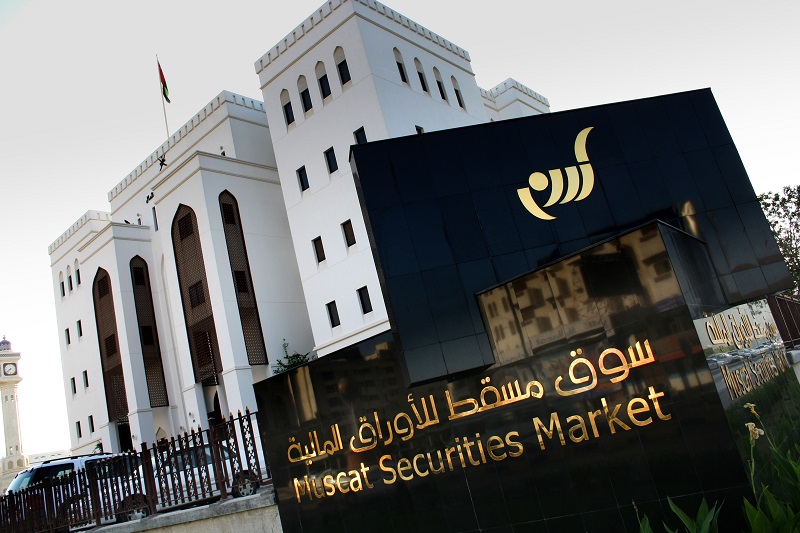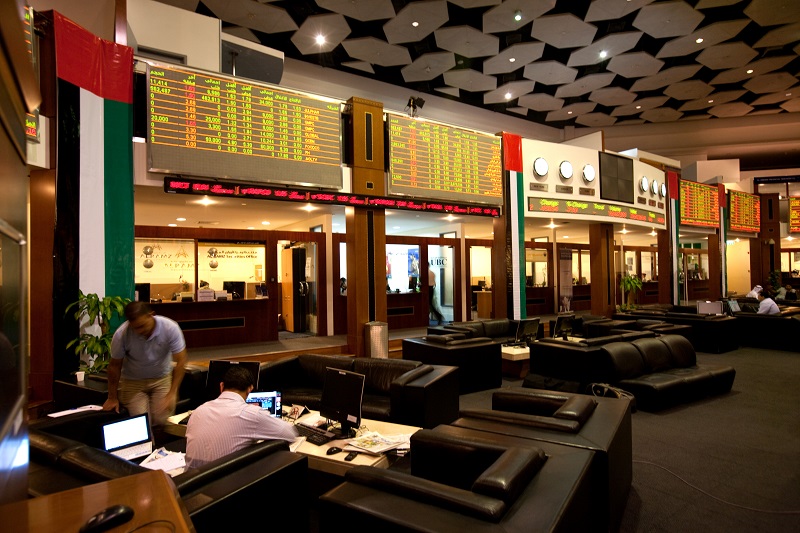GCC Market
Despite the dark clouds of interest rate hikes and recession hanging over the world, stock markets managed to eke out significant gains last month.
Global and regional stock markets recovered smartly in October, despite central banks’ move to raise interest rates and the threat of a looming worldwide downturn.
The S&P 500 rallied during the month, posting a broad gain (up 7.99% for October, but still down 18.76% year to date), amid better-than-expected earnings as 69% of the companies beat expectations, according to the S&P Global Rating.
“The whispered concern over a steep earnings decline and dire Q4 predictions did not materialise,” S&P said.
Economic data showed continuing high inflation, along with a strong underlying economy, with the US Federal Reserve raising its fourth 0.75% increase in its November meeting, with prospects of higher rates in the future.

"Ongoing increases in the target range will be appropriate," the central bank's policy-setting Federal Open Market Committee said at the end of its two-day meeting. But "in determining the pace of future increases in the target range, the committee will take into account the cumulative tightening of monetary policy, the lags with which monetary policy affects economic activity and inflation, and economic and financial developments."
Other global markets also rose in tandem. Germany jumped 9.11% for the month, but remains down 34.53% YTD, while the UK was up 6.21% for the month, reducing its losses for the year to 20.83%.
However, emerging markets fell 3.61% in October, after September's broader 10.44% decline, August's 1.02% gain, and July's losses of 1.05%.
GCC MARKETS
The MSCI Gulf market index was up 2.8%, as higher commodity prices and strong corporate earnings helped boost business and consumer sentiment. All markets ended up in positive territory.
Oman’s MSM 30 Index fell 3.6%, the biggest decliner in the region. It was the MSM’s second consecutive monthly loss after its 1.2% decline in September, but is still up 5.6% year to date, making it among GCC’s best performing markets.

Services index fell 5.84% during the month, industrials were down 5.35%, and the financial index fell 3.15%. The value of shares traded fell 2.6%. The MSM’s price-to-earnings ratio stood at 11.12 times, making it attractive for investors.
Abu Dhabi was the region’s best performing market in October, up 6.8% and boosting its year-to-date gains to an impressive 22.7%. The ADX General Index is among the best performing markets in the world. Utilities led the gains with 32.8%, while consumer discretionary rose 12.6%, telecommunications was up 10.2%, and financials posted a 7.6% increase. However, basic materials weighed on the Abu Dhabi market as it fell 8%, with consumer staples declining 4.9%. The value of shares traded dropped 53.9%.
The neighbouring Dubai market slipped 0.2% in October, with the value of shares traded falling around 24.9%. Services were up 7.2%, consumer staples also rose 4.2%, and real estate construction was up 3.4%. Financial services was the biggest laggard, falling 6.5%, while transportation declined 2.1%. Despite the contraction, the DFM General Index is still up by more than 4.3% for the year.
The Saudi Tadawul All Share Index, the region’s largest bourse by market capitalisation, was up 2.3% in October, clawing back some gains for the year. The market is up 3.4% year to date on the back of higher oil prices and strong corporate earnings. Its price-to-earnings ratio stood at 18.6 times at the end of October.
The consumer durables and apparels sector was up 8.2%, healthcare equipment and services were up 6.6%, while media increased 5.1% on the Tadawul. Real estate management and development services led the laggards, falling 2.4%, while energy index declined 2.2%. The value of shares traded was down 7.1% during the month.
Kuwait’s Premier Market Index rose 3% in October, building on its gains for the year. The market is now up 7.2%, with a price-to-earnings ratio of 16.3 times. The value of shares traded jumped 40.4%, with industrials (up 8.7%), healthcare (up 4.8%), telecommunications (4.2%), and technology (up 3.5%) all posting strong gains. However, basic materials (down 5%), and oil and gas (-4.4%) led the declines.
Qatar’s QE20 Index also stuttered in the run-up to the FIFA World Cup 2022. The market slipped 2.2% in October, after losing 5.4% in September, but remains up 6.8% for the year. Insurance index was the biggest loser, down 7% for the month, while industrials declined 3.5%.
The market’s price-to-earnings ratio stood at an attractive 13.8x.
Bahrain’s market also fell 0.9% for the month, reducing its gains for the year to 3.8%. The country’s All Share Index is now the region’s most attractive market, with a price-to-earnings ratio of 4.8 times. Trading activity soared 110.4% for the month, as investors looked for bargains. Materials fell the most, down 4%, while consumer discretionary declined 1.1%.